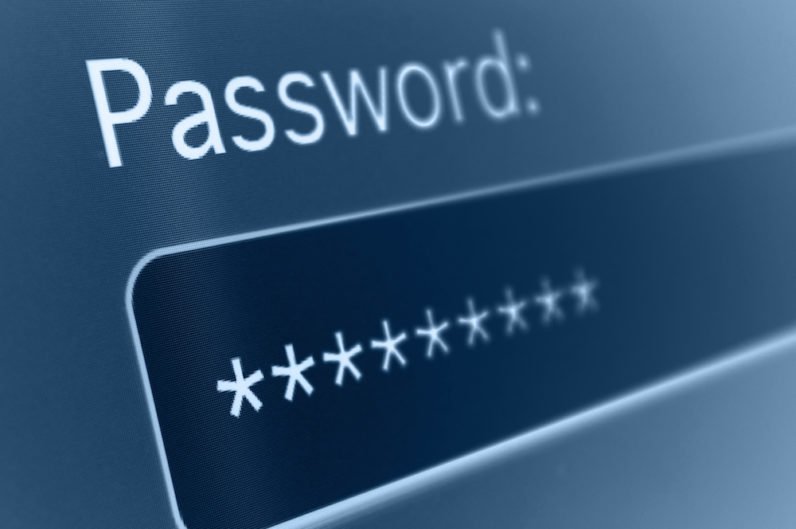There is a good chance that you have a number of accounts and identities active on the internet, including access to Facebook, Outlook, Gmail, and Netflix, to name just a few of them. However, it is extremely difficult to remember all of the passwords that you enter, and occasionally they resort to common or stupidly easy-to-guess passwords that might expose your data. It is very difficult to remember all of the passwords that you input. In order to save you from being concerned, we will tell you which passwords are the very worst and which ones you should never use.

To be able to remember your password is one of the conditions for it to be considered a good one. Even though it should be fairly evident, there are still people who choose not to utilize their memories while creating a more secure password. Instead, overly common elements are used, because they are in plain sight and are easy to remember.
According to ExpressVPN’s research, there are still users with passwords that you should never use. This is something that we strongly advise against doing. Clear examples of this include the number sequence from one to nine in all of its permutations (there are quite a few of them), as well as writing out the full row of the keyboard, with QWERTY or ZXCVBNM being the most common of these. There are other ones that are somewhat more intelligent and will, at the very least, insert alphanumeric characters like 1q2w3e4r. If you want a really terrible example, however, there is nothing worse than utilizing the name of the most well-known search engine on the Internet, the phrase “password,” or the word “password” itself.
How to come up with a secure password
Now that you are aware of the worst passwords that you should never use, the next step is for us to provide you with some pointers on how to develop the ideal password. Make sure you have at least two or three ready so that none of your accounts will have the same password.
To begin, there is no need to pick specifics such as the dates of birthdays and anniversaries, as well as the names of children and pets. Not “123456,” not the word “password,” and not the word “password.” You should also avoid constructing words out of a string of letters, symbols, and numbers, such as “HELL0.”
On the other hand, for the password to be considered safe, it has to include at least eight different characters, including letters, numbers, and symbols.
You should think about using a different passphrase for each of your online accounts. This will make it much more difficult, if not impossible, for someone to figure out your password. Also, steer clear of other poor practices that are connected to the development and usage of passwords, such as using the same password for many accounts.
1. Pick a phrase or title from a song, movie, or book that is simple for you to recall. This may be done in step one. For instance, “The Great Gatsby”.
2. Make the following changes to the sentence’s characters, adding in the appropriate numbers and symbols: “The@great$gatsby&”
3. You may prolong the sentence and directly substitute the vowels or the consonants with digits and symbols to provide an additional layer of protection against unauthorized access: “Th3@gr3@t$g@t$by&”
You can also use a password manager so you don’t have to remember your passwords and have two-factor authentication enabled in all your accounts.

Working as a cyber security solutions architect, Alisa focuses on application and network security. Before joining us she held a cyber security researcher positions within a variety of cyber security start-ups. She also experience in different industry domains like finance, healthcare and consumer products.











